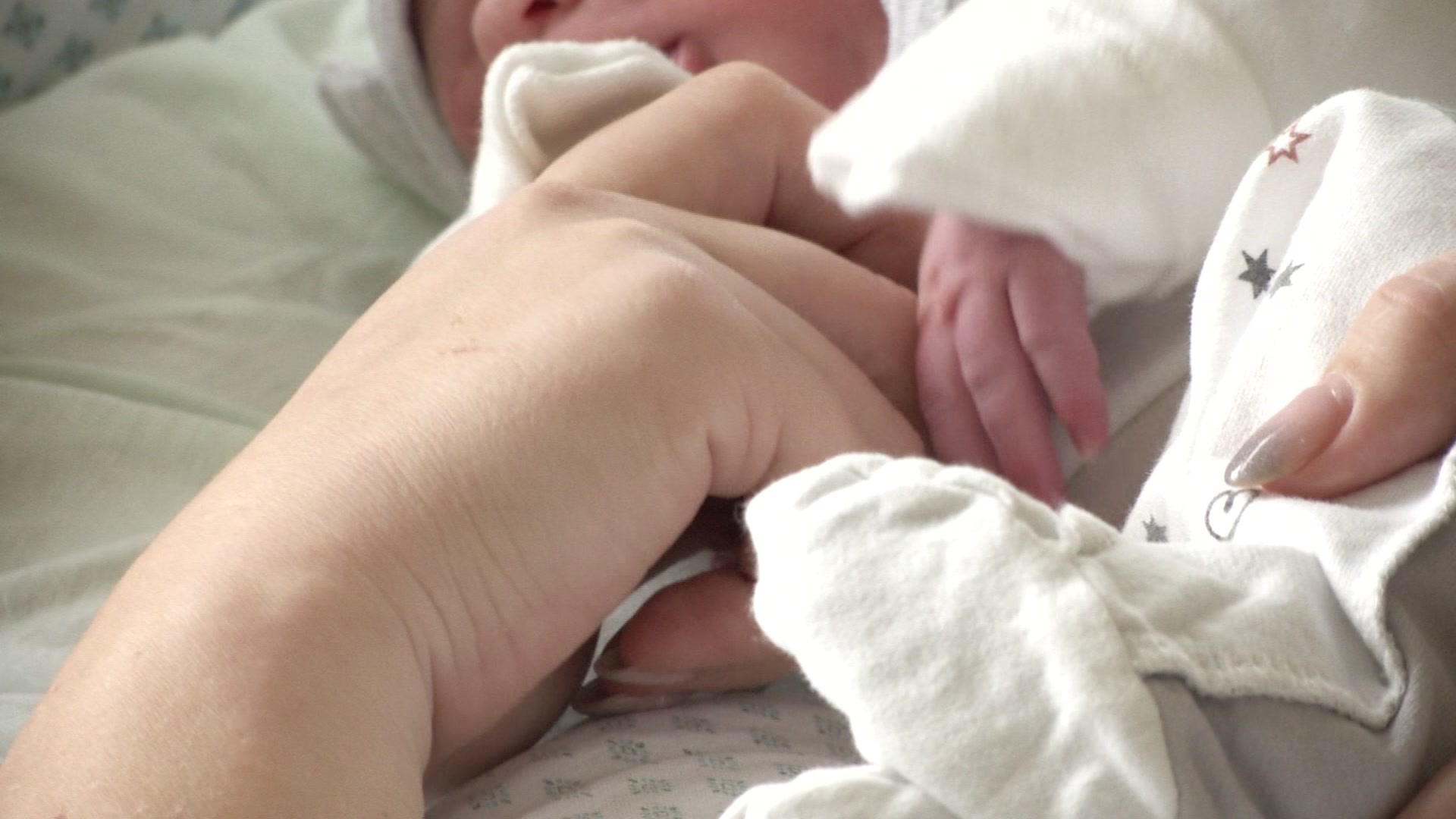Many people don’t want children – better puppy, kitten

« I heard a lot of bad reviews at the time, » the interviewer said.
A young Marijampolė gave birth about 6 years ago, but decided that he would not give birth in Marijampolė.
« As soon as I found out that the doctor was working, I chose to go to Kaunas, » she said.
Every similar decision to the department can cost survival. For example, only 258 newborns were born at Marijampolė Hospital last year.
Full LNK Report – In Video:
« The number of births is lower there, less than 300, which is minimal, » said Nerija Stasiulienė, Vice -Minister of Health.
Will it not be that the obstetric department is waiting for a closure?
« The administration of Marijampolė Hospital raises that issue, » said Saulius Čaplinskas, a member of the Health Committee (LSDP).
« The number of 300 births has been set for the first year, if we calculate how many days the years have been, some days will get at all without birth, » said the Vice -Minister of Health.
If the man is older, the risk of birth defects is increased.
« Medics are not only working in Marijampolė. They get that they accept more than 300 per year, » said S. Čaplinskas.
« Even three newborn babies must be this section, » she said.
« Ask the doctors why I am not born. I’m just for Kaunas, all the conditions in Kaunas, » explained another woman.
Marijampolė Hospital replied in writing and calmed down – he said he would continue to work.
« Because of the closure of the obstetrics department, we can confirm that this section is not closed, » said Marijampolė Hospital in writing.
« There are other criteria for the Marijampolė Hospital that should not be closed, » said the Vice -Minister of Health.
The criteria relate to mileage until the next stationary obstetric department. There is little birth not only to Marijampolė – recently the situation all over Lithuania is not for the country’s growth. The limit has been achieved when the country is born much less than the dead – even the anti -anti -recording of last year, when twice as many Lithuanians died as they were born. About 37,000 deaths – only about 19,000 were born.
« Maybe for financial reasons, » the resident said.
« Everyone wants security, » the woman said.
« A lot of people don’t want children – it is better to have a puppy, a kitten than to have children, » she said.
« Young people have no conditions, » said another interlocutor.
As a result, the older ones are born – the average age of maternity has already exceeded 30, 20 years ago the average maternity was four years younger. Lithuanians and the firstborn are no longer hiding.
« Yes, here is a problem, » – pediatric gastroenterologist Vaidotas Urbonas.
« About 20 % of pregnant women are over 35 years of age.
LNK stop shot
Births at a later age as a problem raised between the borders of the Seimas.
« The worst thing is that a woman goes to her career, obviously, understanding, wanting to create a career, entertaining. One can understand, but looking at what was 30-40 years ago, the students gave birth and raised, » said a pediatric gastroenterologist.
« There was a good reproach – what does it mean when men organize press conferences, » said the president of the Nepaugiukas Association.
According to a professor at Vilnius University, the ideal age of giving birth is 25-35 years. Later, the risk of birth defects is increasing, but there should be a mistaken men who have been the longest parenting.
« If a man is older, the risk of birth defects. Down disease and others are an incentive to give birth earlier, especially for the first time, » said a pediatric gastroenterologist.
« If social guarantees and social care are not well developed, then that step is delayed, » said S. Čaplinskas.
So the task of the government is not easy-as with 20,000 newborns a year, the demographic swamp will need to break out when, for example, three times as many newborns were born in the 1990s.








